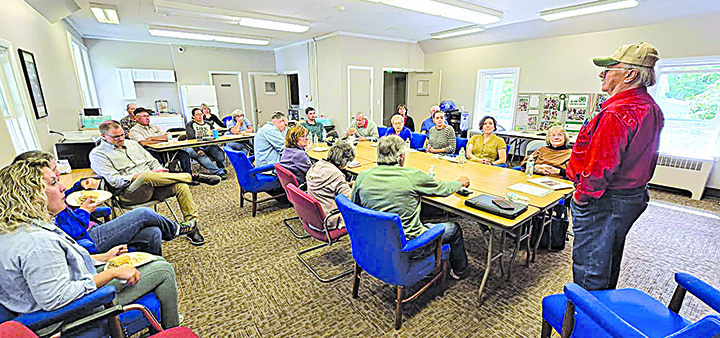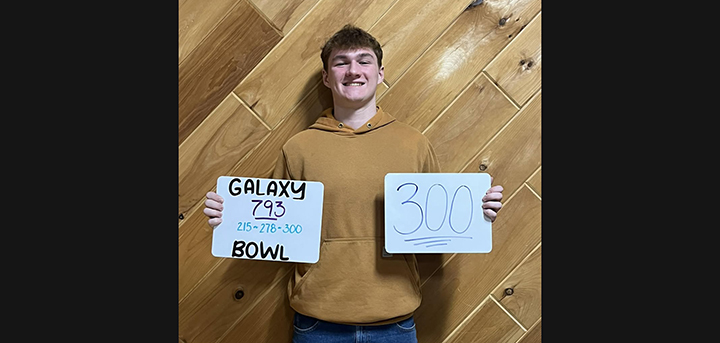Governing is much harder than winning
America is so deeply divided today that voters backing Donald Trump and Hillary Clinton don't just live on different continents from each other.
They live on different planets.
If current trends continue, and Clinton becomes the next president, she will find that governing this fractured country is a much harder job than winning the election.
Polls consistently show sharp splits along critical fault lines: race and gender, education and geography, ideology and party. But those fissures did not open this year. They've been widening for decades, fueled by tectonic shifts in the American political landscape.
Voters are sorting themselves into like-minded communities, listening to media outlets that reinforce their preconceptions, and growing more hostile to others who don't share their views.
"We've become a nation of ideologically driven, politically polarized partisans who increasingly eschew the bargaining and compromise that have historically lubricated politics," write political scientists G. Terry Madonna and Michael L. Young. "Not only are moderates gone from American politics; moderation is gone as well."
The latest ABC News tracking poll gives Clinton a 9-point lead, but the horse race is less interesting than the internal breakdowns. Take race. Trump's margin among white voters is 4 points; Clinton's lead among non-whites is 54 points. Or gender. Women favor Clinton by 20 percent; men back her by only 3 points. Or education. Voters without college degrees split almost evenly; college graduates support Clinton by 25 points.
Combining these variables makes the margins even greater. Men without college degrees favor Trump 2 to 1; women with higher education are the exact opposite.
These divisions play into longer-running trends, one of which is the ideological polarization between the parties. Over the last generation, two noble tribes in American politics have become virtually extinct: progressive Republicans, mainly from the Northeast and Upper Midwest, and conservative Southern Democrats. Without their balance and ballast, America is approaching a European model, with a liberal party called the Democrats and a conservative party called the Republicans.
A study by the Pew Research Center confirms this stunning shift. Today, 92 percent of Republicans are to the right of the average Democrat, compared to only 64 percent 20 years ago; 94 percent of Democrats stand to the left of the average Republican, up from 70 percent in the same period.
That polarization has been aggravated by escalating partisan animosity. Thirty-eight percent of Democrats view the Republican Party "very unfavorably," more than double the number from 20 years ago, and 1 in 4 see Republicans "as a threat to the nation's well-being." Republicans are even more hostile, with 43 percent holding highly negative views of the Democrats and 36 percent seeing the rival party as damaging to the national interest.
One result of this rising resentment is a decline in ticket-splitting. Madonna and Young report that as recently as 1972, 4 out of 10 Congressional districts divided their vote -- favoring one party's candidate for president, while backing at least one legislator from the rival party. Today only 26 districts out of 435 -- about 6 percent -- display that level of bipartisanship.
Pew cites another important trend: Voters with more extreme views are more politically active, magnifying their impact. "The most ideologically oriented and politically rancorous Americans make their voices heard through greater participation in every stage of the political process," says the report.
Even if Clinton wins a strong popular victory, she will face immediate pressure from those "politically rancorous" voices on both sides: Bernie Sanders supporters who will demand she follow an extreme liberal agenda, and Trumpians who will swallow his phony accusations about a "rigged" election and consider Clinton an illegitimate president.
She will also be weighed down by her own past. As former Republican senator Judd Gregg told The Hill: "For the first time in our history, we will have a president who more than half the people don't trust and don't like." That means she won't have "a historic honeymoon period ... unless she creates it."
That's the key. Can she create a new mood of flexibility and reasonableness in Washington? Can she bridge the enormous chasms separating Americans? Can she find partners who are willing to defy the hardliners in both parties and restore "the bargaining and compromise that have historically lubricated politics"?
As a senator, she did find those partners. But this is a different time. The lines are harder, the hostilities deeper. Forming an effective governing coalition in the current climate will be extremely difficult -- but extremely important.
– Steven and Cokie Roberts, NEA Columnists









Comments